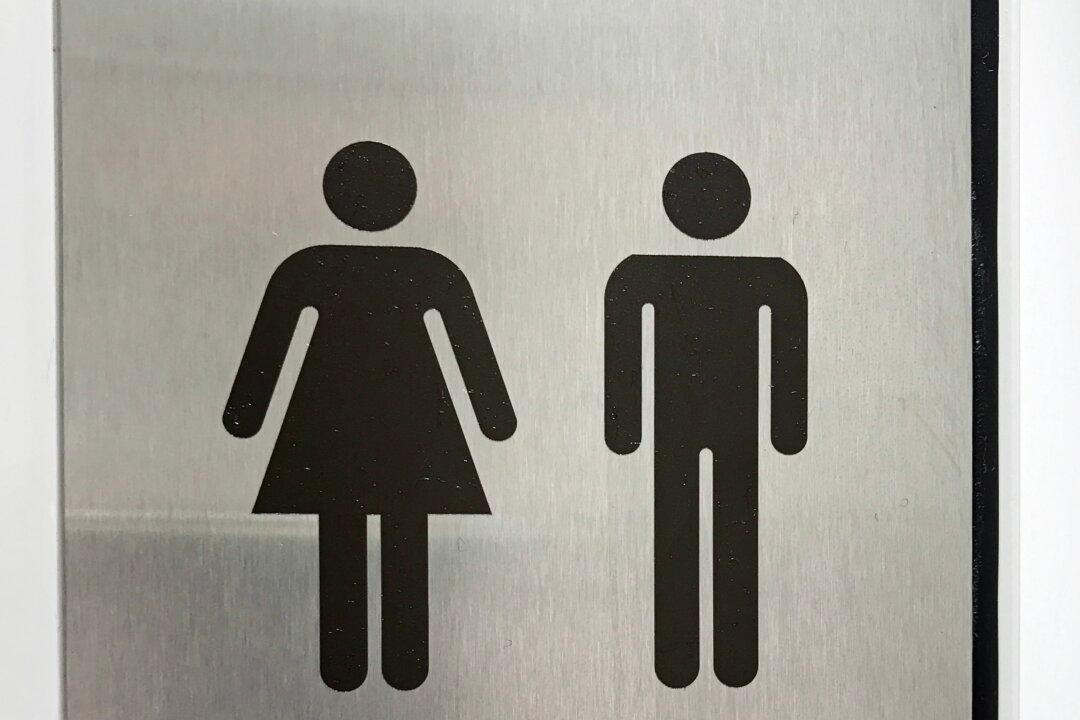The government has announced a rule that all new public buildings must have mandatory separate male and female toilets, calling it a “common sense approach.”
The Department for Levelling Up, Housing, and Communities said that this will mean women, who may need to use facilities more often for example because of pregnancy and sanitary needs, have appropriate facilities.





